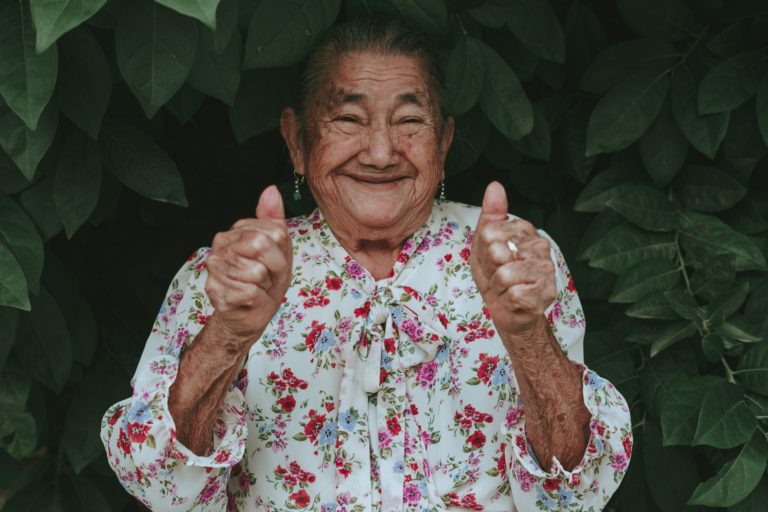
An award-winning journalist, Katie has written for Chicago Health since 2016 and currently serves as Editor-in-Chief.
What advice would you give to someone new to caregiving?
“Make sure that you have empathy for the patient that you’re actually taking care of. I think about every single patient that I’m taking care of as my grandmother, my grandfather, my mom or my dad, my sister or my brother. I treat them with all love and respect and dignity. You have to have empathy to understand the shoes that they are in, and their situation.”
—Cassandra Thornton, hospice nurse with St. Croix Hospice
“Caregivers need to really love their job. They have to have a passion and high respect for elders. Taking care of elders is like taking care of your own; you have to have more patience, love, and dedication. And it’s not only the patient that you are going to deal with, it’s the family. That can be challenging sometimes, to be honest. It’s always a teamwork between the family and the caregiver. In my experience, I’ve always had a good relationship with the families.”
—Virginia, private caregiver at Brookdale Lake Shore Drive
“Give yourself grace. This will be a learning and growing process. Make sure you take care of you, too. And find your crew. Without my support group of fellow carers who understand what I’m going through, I’d be lost.”
—Kris McCabe, who documents her caregiving journey on Instagram and TikTok at @LifeWithGrams
“It’s important to remember it is a marathon, not a sprint, and you have to take care of yourself to continue to be well enough to take care of them.”
—Mary Prendergrast, caregiver for family and friends
“You cannot do it all for your loved one alone! Be open to ask for help, and seek out professionals who can guide you to the service providers needed. Remember, you can’t help your loved one if you are overcome with anxiety, guilt, and exhaustion. Look to others for assistance.”
—Jan Steiner, founder of Senior Transitions Concierge
“The words you choose to communicate are essential. As my father with early-stage dementia is slowly losing some of his independence, it’s important that he feel he has a choice in decisions made for him. Instead of telling him we don’t want him to drive anymore, we referenced a recent accident he had and said, ‘Would you ever be able to forgive yourself if you caused an accident that really hurt someone else?’ That clicked in his brain, as opposed to us just telling him what he can and can’t do. There are many opportunities like this, just reframing how you communicate can go a long way to keep the peace and show your loved one respect.”
—Amy Jo Steinbruecker, Addison, Illinois
“Neglecting our own well-being doesn’t do ourselves or [the person receiving care] any favors. We can’t give what we don’t have, and while you may only have a few minutes to devote to yourself, the recharge that you will feel from taking care of yourself is outsized. Identify some ongoing ways to take care of yourself that will feel good but won’t take much time to implement: e.g., preparing some favorite, nutritious snacks in advance; positioning a comfortable chair in a quiet corner of the house where you can take five-minute meditation/relaxation breaks; or downloading a notes app on your phone where you can quickly record your feelings even in the middle of a hectic day. All of these will help you maintain balance, focus, and peace of mind as you face the stresses that caregiving brings.”
—Matthew Rutherford, caregiver for his father with Alzheimer’s for nine years
“Slow down. You don’t have to have all the answers.”
—Anonymous, caregiver for her 88-year-old mother






